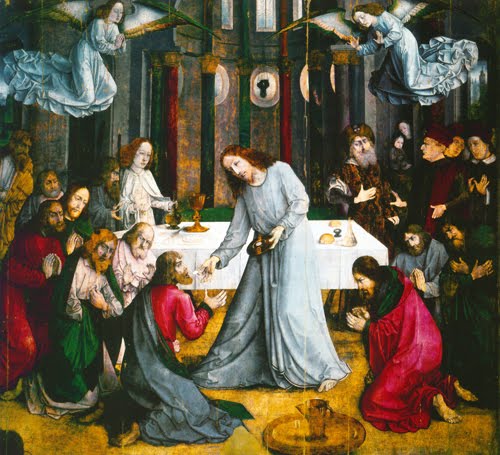Nearly every speech by, or about, some successful person includes the phrase, or some close varient of, “giving back to the community”. Such accolades are never worded “giving to the community”. The subtle inclusion of inserting “back” into the phrase makes it sound as if “the community” first gave something.
When we consider whether or not the community would have been doing exactly as it had done whether or not the person who was “giving back” had not been there during the period in which the community supposedly “gave”, we see that the answer is “Yes”. If the person who is now said to be ‘giving back’ had never been there, the same number of roads, parks, and public services would have been provided. It is irrational to assume that there was any extra “giving” to the person being lauded for “giving back”.
So, why is the insertion of “back” so ubiquitous in such ceremonies?
It may be that those who never gave anything to the community, and those who’ve done nothing but take away from the community, often impoverishing it by relentlessly feeding on the community’s taxpayers, want to feel that they’re worthy of praise, too. So, inserting the word “back” gives them an opportunity to publicly state that they’re just as good as the person being praised, and are, in actual fact, somehow responsible for the success they’ve gathered to commemorate.
It’s their way of giving back to the community, and, as Mencken said in another context, giving it back to them good and hard.








